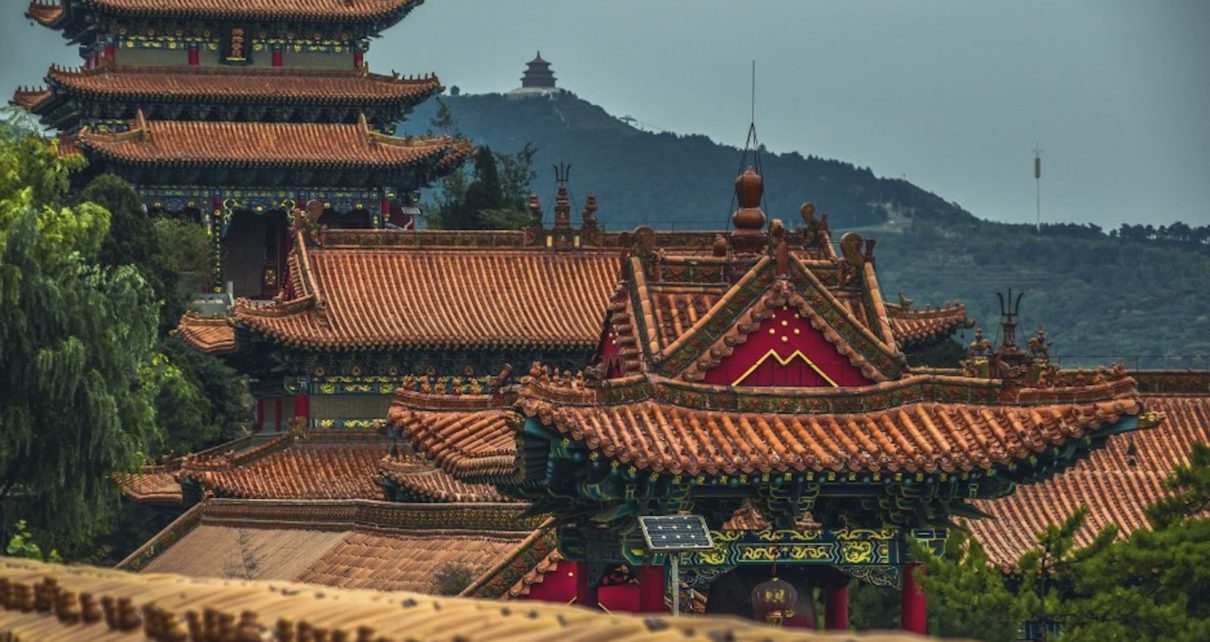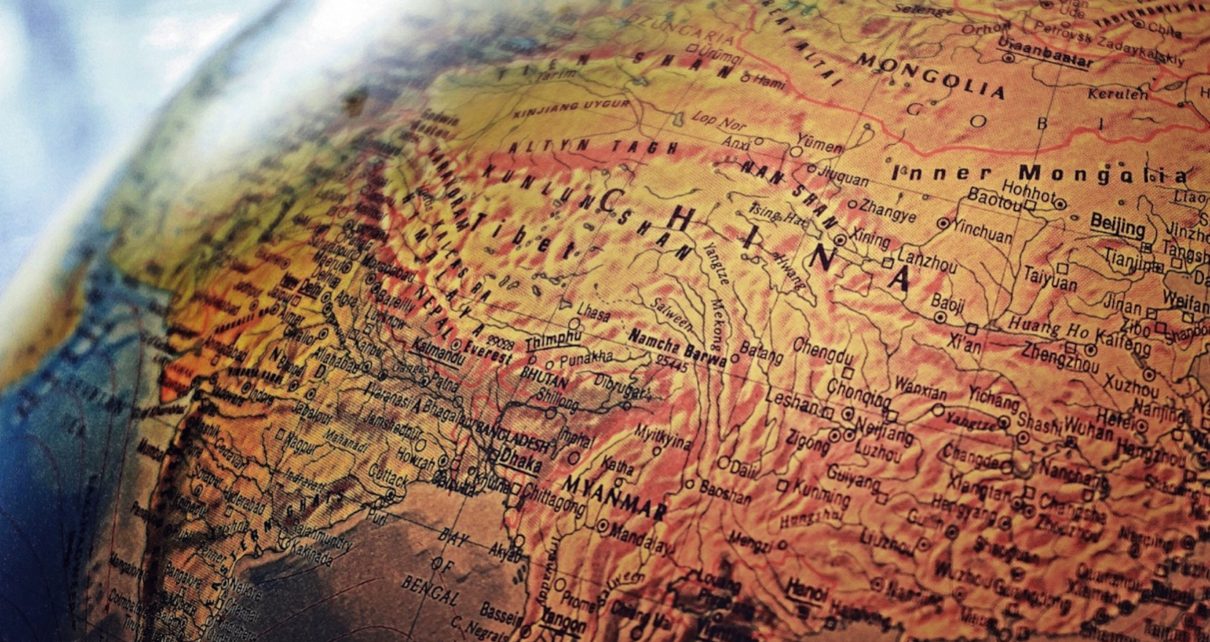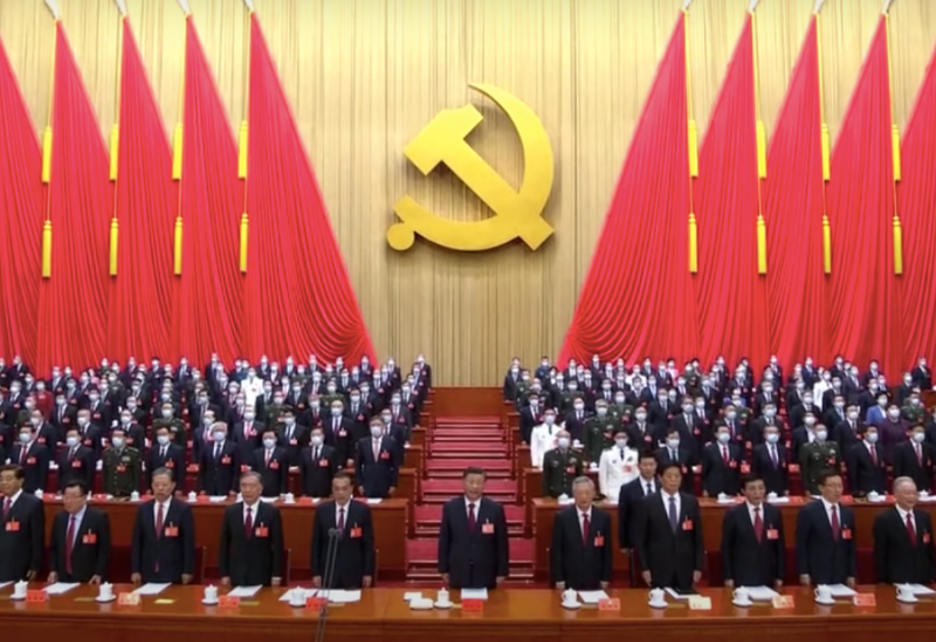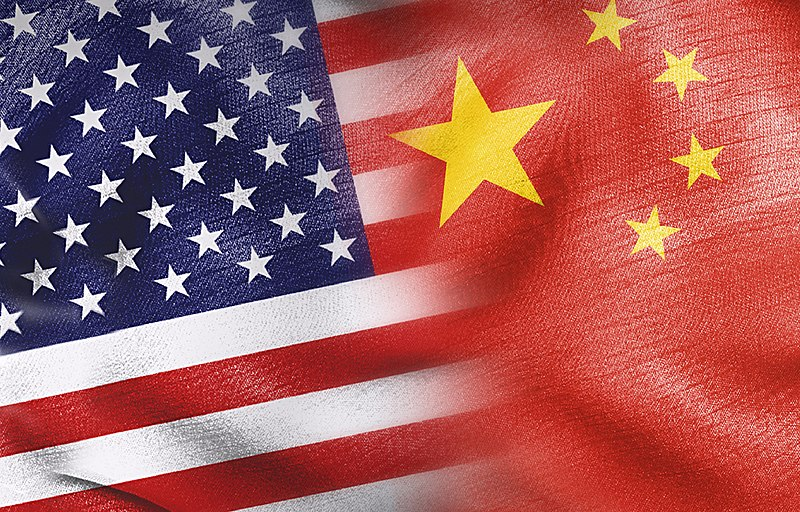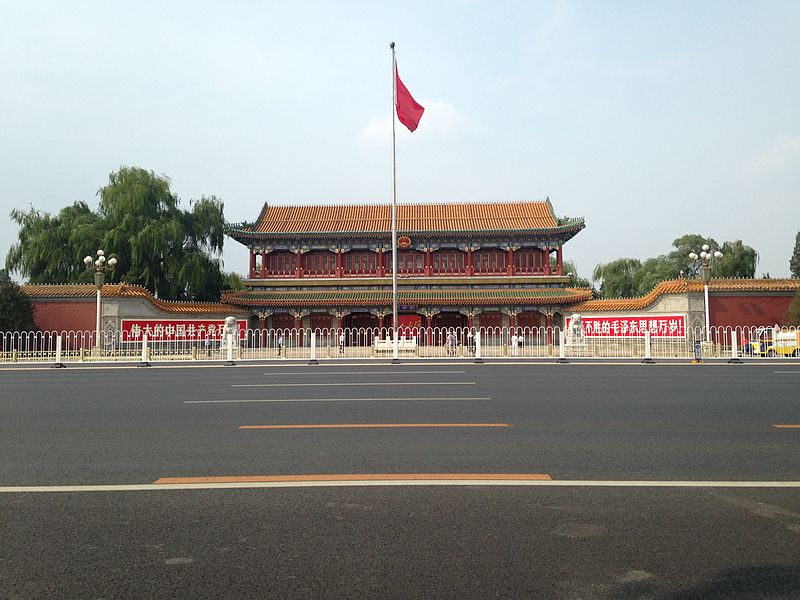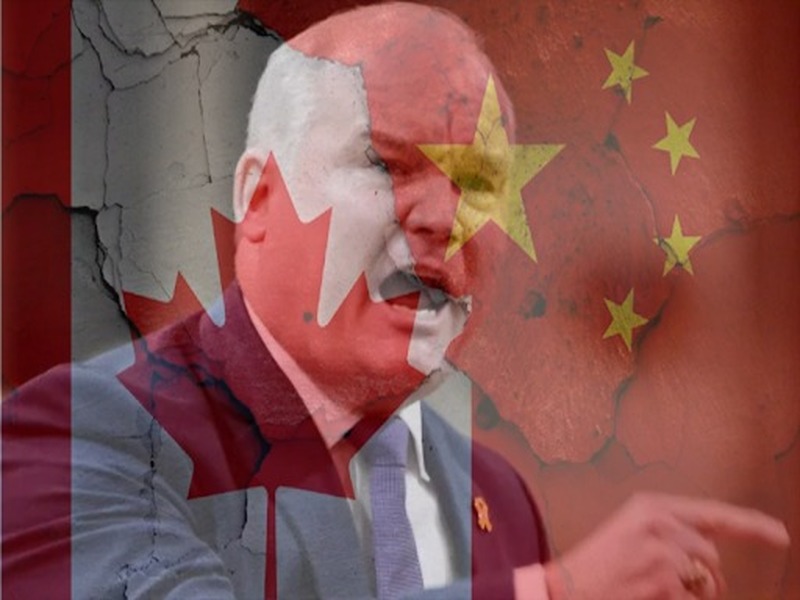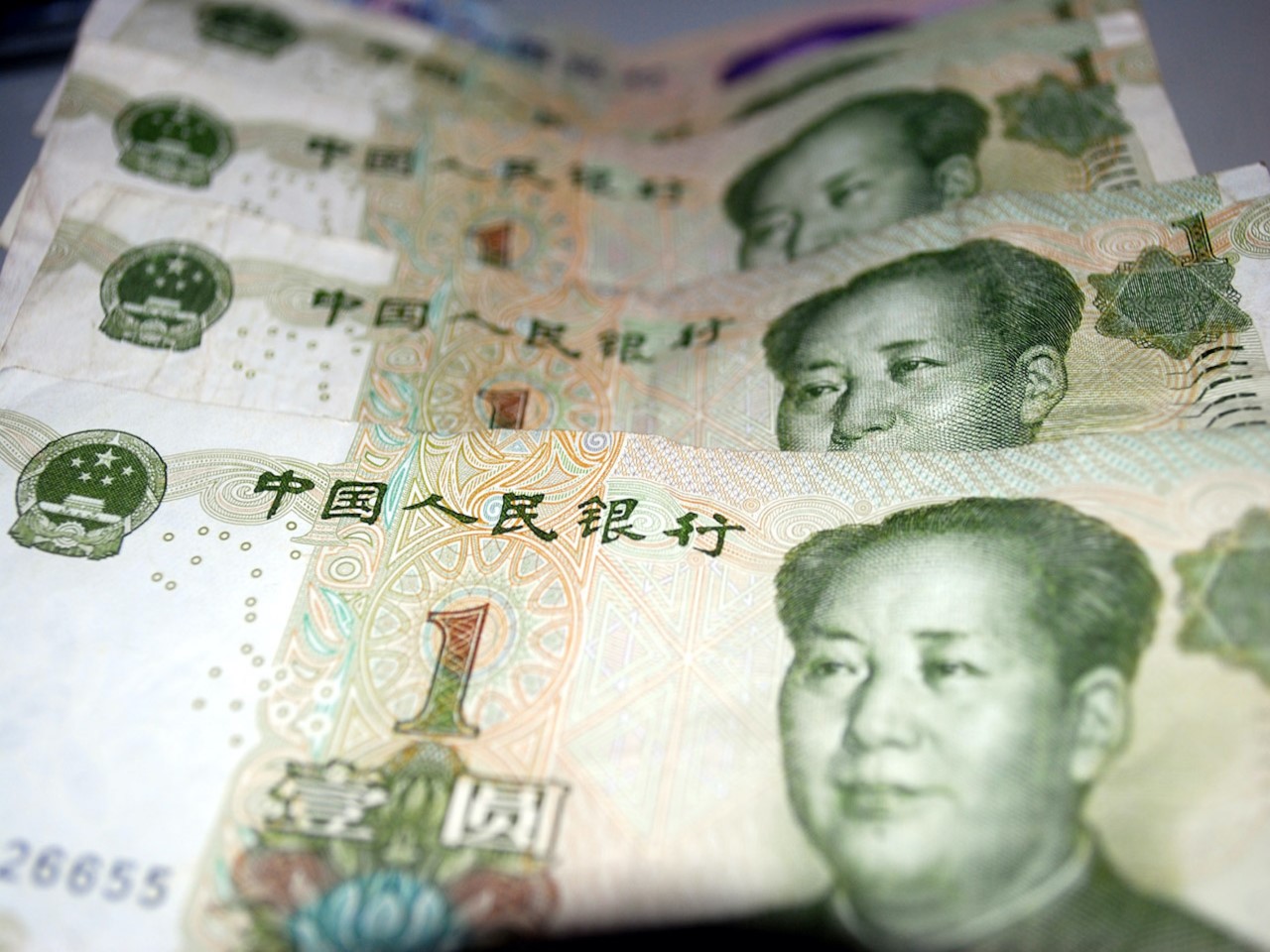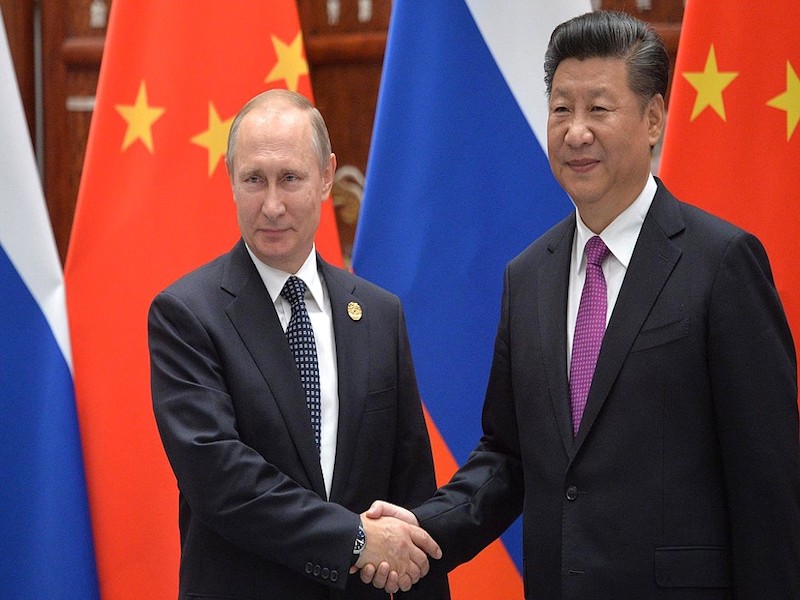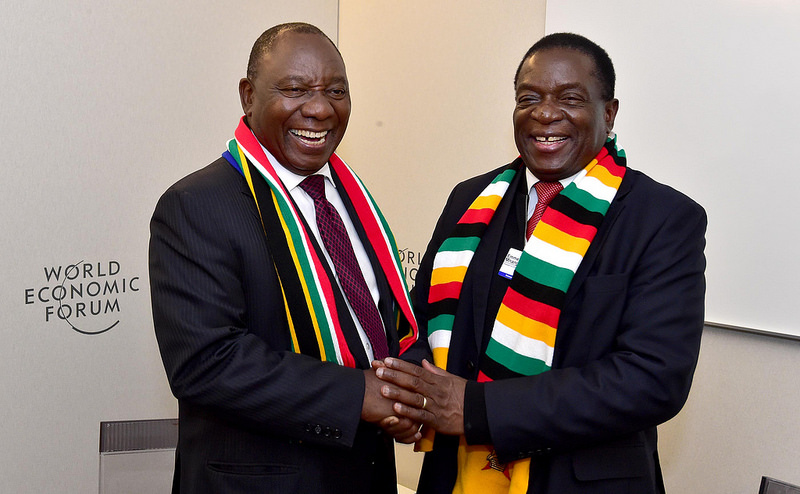If you read “China” in Chinese, it actually means “Middle Kingdom.” It epitomizes why, politically and culturally, a significant proportion of the Chinese population believes that China is a superlative civilization that must restore itself to its “former glory.” Chinese emperors have fought for control of one of the longest-lasting empires on earth, from the mythical Read More…
Tag: Xi Jinping
China’s Ascendance: Its History and Hazards – Part 1: China’s Rising Influence
In recent decades, China has established itself as a nation with global interests and the ability to fundamentally affect world order. In the past, the international community was more passive about China’s ascent. However, now that the West is becoming more aware of China’s growing power, the question naturally arises: Is China a threat? Some commentators claim that China’s Read More…
Xi Jinping Defiant: Cause for Concern Following China’s 20th Party Congress
Can Canada expect increased friction with Beijing? Following the 20th Party Congress, Canada is right to be concerned about China.
The Geopolitics of Network Hegemony
The digital front of modern warfare and Great Power conflict increasingly occupies the minds of American and Chinese leaders. In this article, Touraj Riazi looks at the infrastructure that undergirds the digital world and how vital it is to the Chinese and American quest for “Network Hegemony.”
Hong Kong’s Illiberal Education Reform
Julian Snelling examines the recent Hong Kong reform of the Liberal Studies curriculum, analyzing the extent to which such policy limits freedom of expression amongst an increasingly politicized generation in the region.
The Third Realm: Closed-Circuit Information Censorship in China
Julian Snelling assesses the increasing presence of the Party in China’s “third realm,” aiming to comprehend the extent to which information dissemination constitutes not just top-down control but individual self-censorship.
Dragon Slayer: The Partial Foreign Policy of Erin O’Toole’s Conservative Party
Upon Erin O’Toole’s election to lead Canada’s Conservatives, Arjun Singh examines the party’s foreign policy platform.
Will the Chinese Renminbi Replace the US Dollar as the International Currency?
The “rise of China” on the international stage is virtually an undisputed fact. Some even speak of China ‘eclipsing’ the United States as the preeminent world power. One element of this would likely involve the replacement of the U.S. dollar by the Renminbi as the international currency. But how likely is this scenario to play out? Lily Jia subjects this hypothesis to analytical rigour.
Strongman Domination in World Politics: Why Political Systems Matter
Although many strongman leaders are portrayed as authoritarian, power hungry, and egotistic control freaks, Junior Research Fellow Ramesh Balakrishnan discusses how there is a world of difference between those leaders at the head of democracies versus those who are unelected and rule over dictatorships.
The Year that China Captured the Crocodile
Even if China did not facilitate the coup in Zimbabwe, there is no doubt that Beijing is now pulling the strings in the South African Dictatorship.

